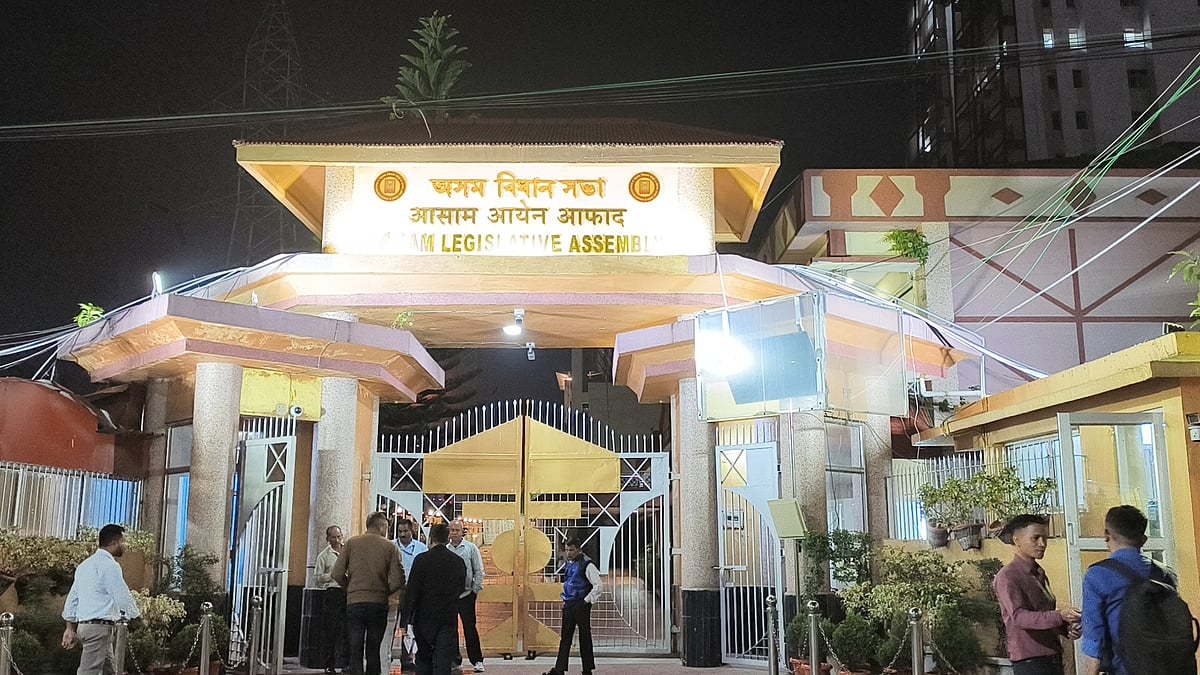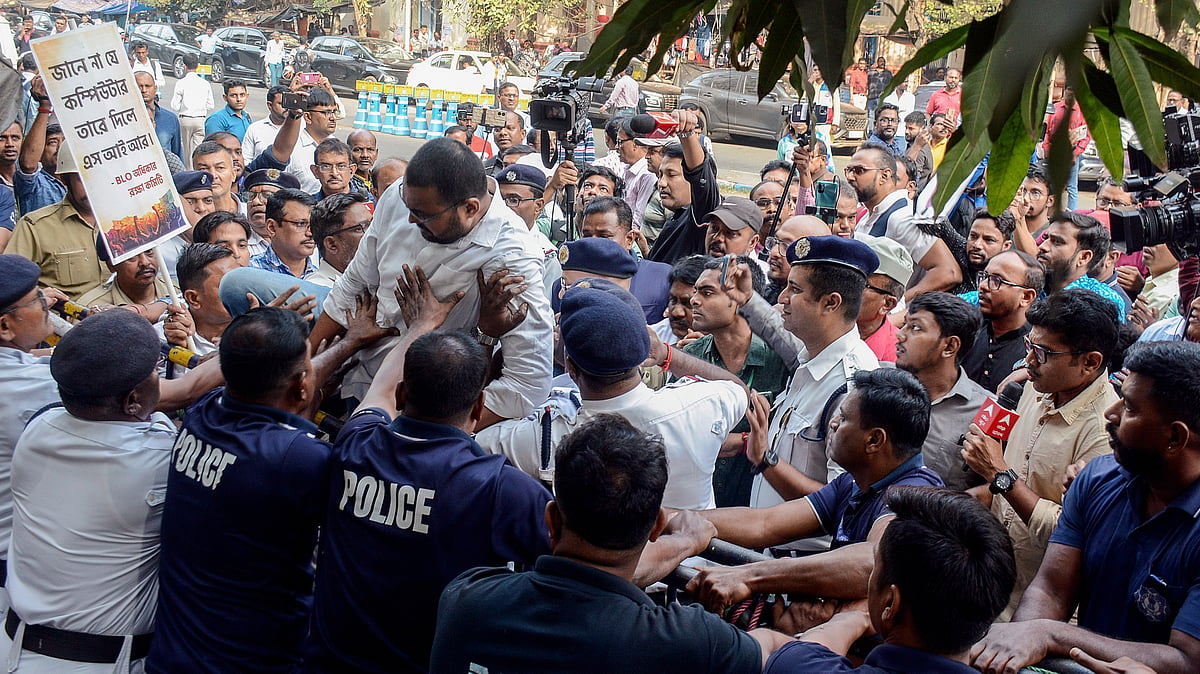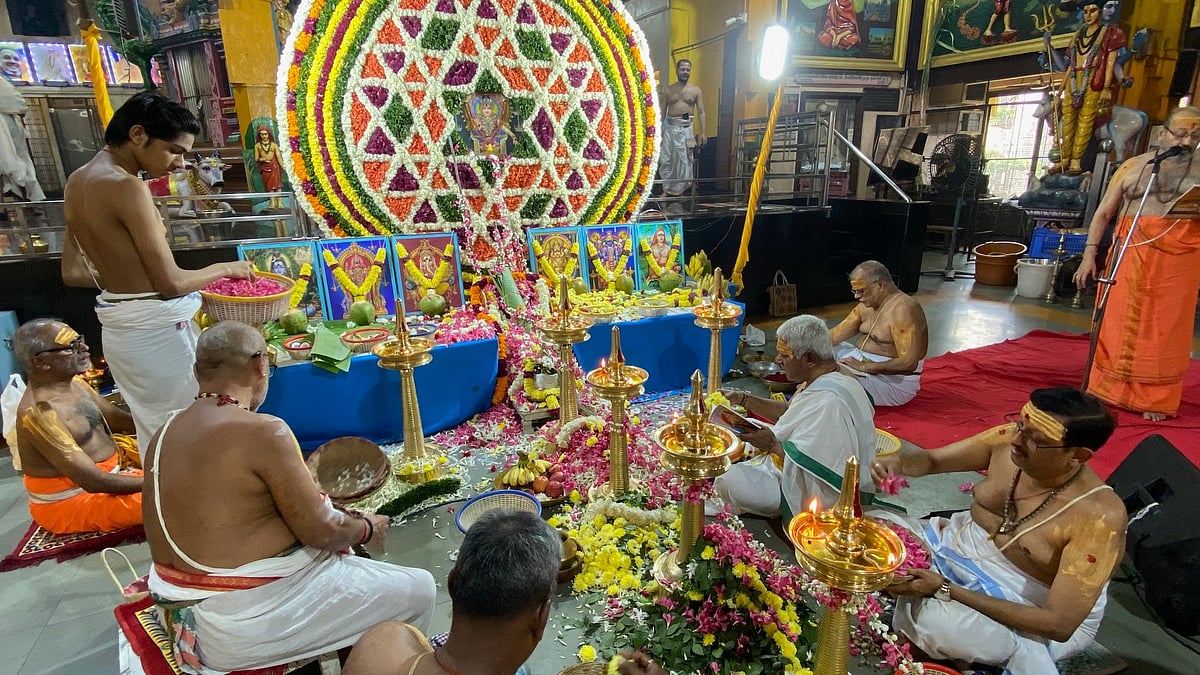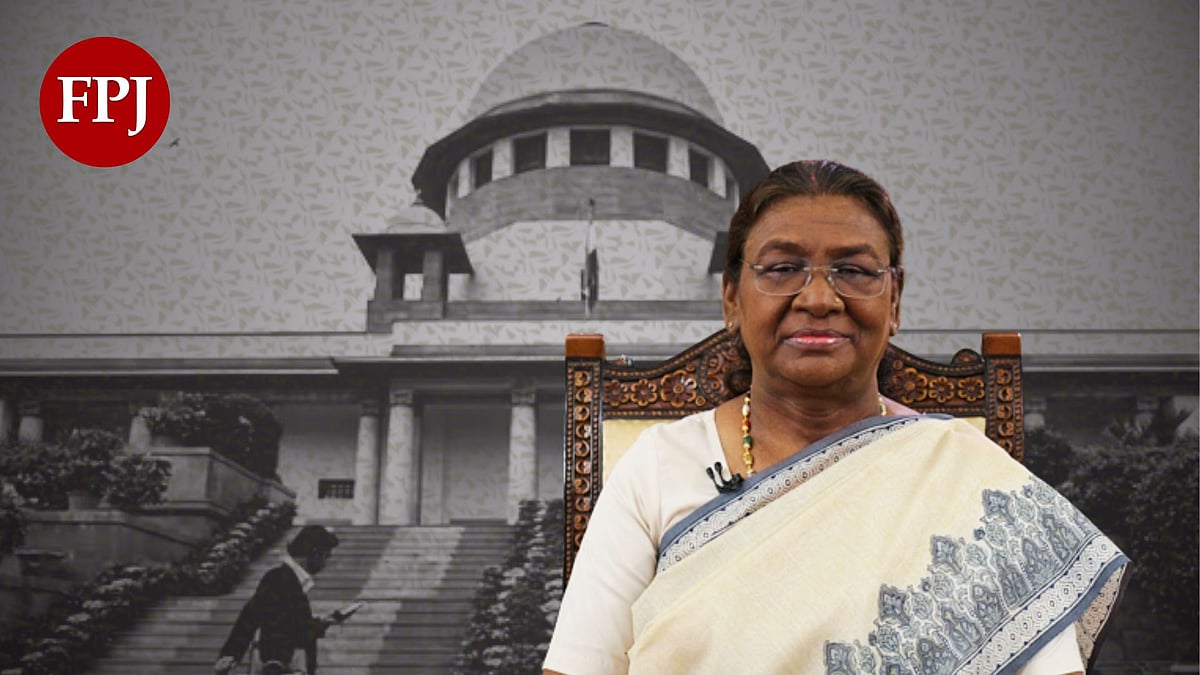The recent debate on freebies being given by various governments raises the broader issue of how governments should be spending money. Given the federal structure of the country there are central, state, municipal and panchayat levels of government involved, with the maximum power being given to the centre in terms of levying of taxes. The interesting thing is that the physical support to enterprise or farmers is provided by the lower levels of government which in turn are dependent on the centre for funding. It is in this context that the Finance Commission had been constituted which lays down rules of devolution of funds.
When the 14th Finance Commission decided that the centre devolve 42% of the shareable resources to the states from 32% the logic was that the latter would get more funds to use the way they wanted. Hence the centrally sponsored schemes would be reduced.
The issue of freebies has surfaced today as in the last two decades or so there has been a tendency for all parties to mention in their manifestos that if voted to power there would be several payments made to different sections of society. There are other schemes announced separately by governments like say the NREGA, which is a dole scheme as there is no productive work done but money is paid. All this comes under social welfare which is the job of the government. Hence free meals, education, health, employment guarantee, payments for girls, women, special sections of society etc. are considered to be economically expedient though there are always political undertones.
Of later there has been a lot of umbrage taken by everyone as every party has gotten into a competitive mode and is offering electricity, water, plain cash and so on without any restraint. What are the options for getting states or even the centre, for that matter, to be more judicious in spending?
The first option is for the Finance Commission to officially state that only a certain portion of the budgetary revenue can be spent on so called freebies. This will be a rule-driven policy with the CAG monitoring the progress.
The alternative is to have some kind of voting of the public on where the government should be spending. In a democracy, unfortunately the 1300 million are represented by around 542 representatives of which the majority are in the government in power. The decisions taken are top down. Suppose it has to be bottoms- up. There can be several interesting conjectures here. The majority would not vote for highways and bullet trains and would have humble requests for pucca, well-maintained, motorable roads connecting villages. The majority will favour subsidies, employment doles, cash transfers and so on. Hence the present controversy of disdain for freebies will be seen as an elitist view to exacerbate inequality, as any withdrawal means hardships for the poor.
A third alternative is to put all governments under check through the funding route. While pegging fiscal deficit at 3% or 3.5% for states is a rule that worked well, a similar cap should be on the centre. This way the possibility of deviation can be curbed. Further, to correct anomalies which come in the way of the power sector, for example, government guarantees should be banned and entities must be made to borrow from the market if not being financed directly from the Budget. This will address the issue of free power.
Suppose banks and financial institutions refuse to lend money which would be the case for private enterprises with similar balance sheets, then the governments would have to perforce pay the DISCOMs from the budget or desist from giving free power. Banning contingent liabilities is an effective way of controlling expenditures.
A fourth option would be to separate freebies into those that distort the market like free power — which no one, including the government, pays for — and plain cash transfers, which come through the Budget. The PM Kisan scheme is a pure cash transfer, paid for by the Budget, and does not distort the system. The same holds for cash payments for marriages of girls or special category of society. But subsidies in the form of MSP is the tough one. Ideally MSPs should be replaced by a cash transfer, because the MSP is a doctored price which distorts markets as it raises benchmark prices in mandis.
A combination of the suggestions made could be the way out. The FC should ideally state in detail what is a freebie, and then ensure that only a certain amount of money can be spent on these outlays. Camouflage terms like ‘empowerment schemes’ should be covered here. Second, any scheme which distorts markets should be withdrawn or replaced by transfers. Third, anything outside the budget should be banned and every PSU would have to fend for and fund itself. Last the private sector should cease to look for props from the government and have to use all the tax benefits to run their business. Looking for incentives from the government can be in say EXIM policy but not for cash returns through say the PLI or any other such scheme. The private sector cannot have it on both sides all the time.
Madan Sabnavis is Chief Economist, Bank of Baroda, and author of Lockdown or economic destruction? Views expressed are personal









